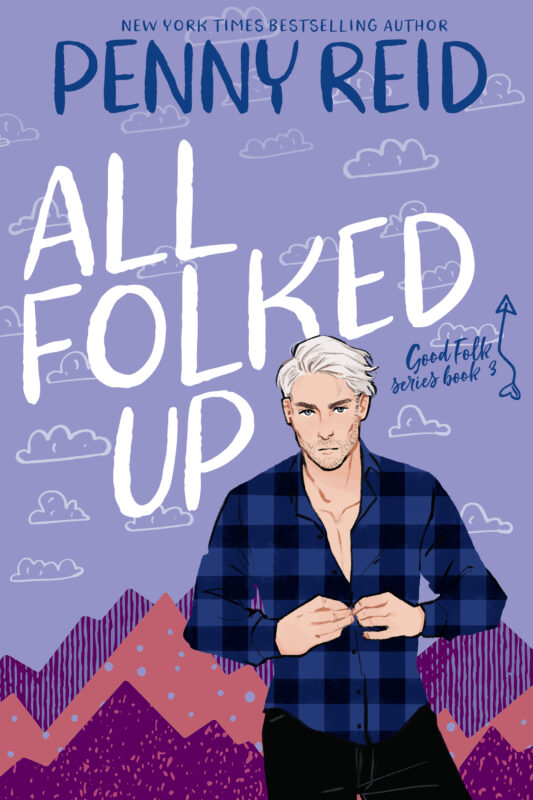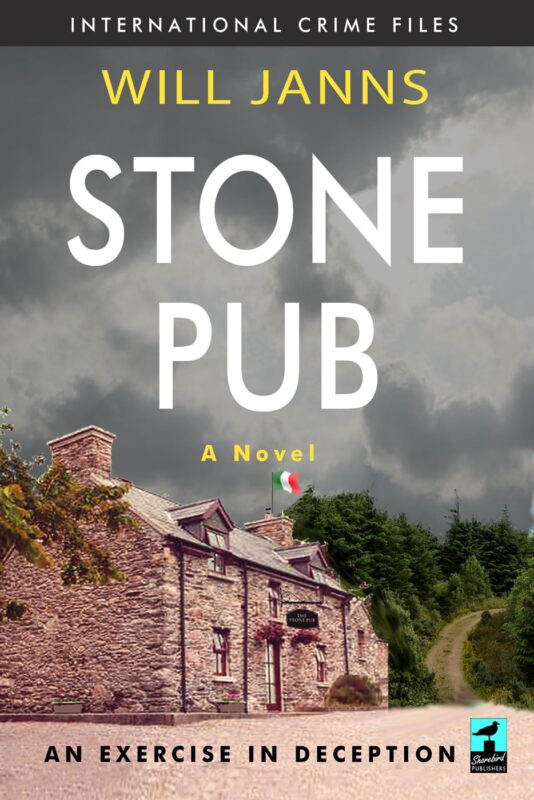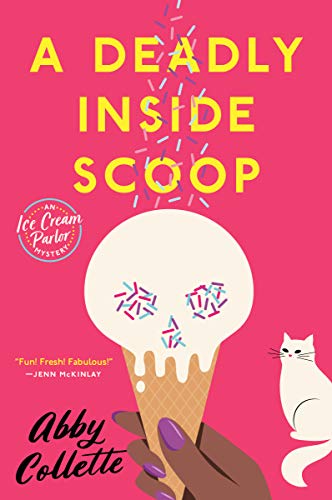DEVILISHLY GOOD DETAILS
January 15, 2018 by Rebecca Forster in category The Write Life by Rebecca Forster tagged as Craft, creativity, inspiration, movies, process, Storytelling Yesterday my husband and I decided to inaugurate the MoviePass cards our son gave us for Christmas. With one swipe (and $10 a month) we can see as many movies as we like at any theater.
Yesterday my husband and I decided to inaugurate the MoviePass cards our son gave us for Christmas. With one swipe (and $10 a month) we can see as many movies as we like at any theater.
Our first movie would be The Post at our local theater. It took both of us, and the manager, to figure out how to make the card work (which in hindsight should not have been necessary if we understood our phone settings). Finally, we swiped our cards only to find that The Post was sold out. That pushed us to our default selection: any movie that was not sold out. We ended up in a nearly empty theater watching Jumanji, the 20-year-later sequel to Robin William’s wonderful movie by the same name.
Jumanji is a fanciful action-adventure movie about a game that sucks people into an alternate universe and in order to get home, the player must win the game. In William’s version, he was the only one who disappeared. This version has an ensemble cast that includes The Rock, Jack Black and two other actors we weren’t familiar with but who were perfectly cast.
The movie began, the music was ominous, the set up delightful, the locations beautiful and the direction energetic. The kids in the theater reacted with oohs, aahs, and other exclamations of delight.
Oh, wait! That was me oohing and aahing!
Yep, I loved every bit of that movie and when I got home I realized the reason I loved it was because I lost myself in the storytelling. Everyone from the screenwriter to the lighting guy and cast was on board with the creative vision. The premise was quickly and clearly established. Casting was based on character and not on what looks that the producers deemed ‘sexy and salable’. The computer-generated stunts did not overpower the story nor did they last so long that the viewer could literally leave, have dinner and come back and they would still be crashing about on screen. If something fantastic happened – like characters dying and getting shot into space and suddenly falling back to earth again without injury – the viewer accepted it because it quickly became apparent that each piece of this story had a purpose. There was always a payoff that made sense. Threads were wrapped up at the end. The story built to a conclusion and didn’t present it. But better than anything, the actors never broke character. The adult actors were asked to channel their teenage counterparts in the real world that had been left behind. I have seen this transference in movies before but too often the adult actor simply remains an adult. The last time I saw this plot point beautifully executed was in Tom Hanks’s Big.
So, here’s what I want you to do. Before you write another word, before you start editing, go see Jumanji. It is one of the best lessons in pitch-perfect storytelling I’ve had in a very long time. As for me, I’m going back to work and give my manuscript the Jumanji treatment because the devilish details are what make for a heavenly story.
Subscribe and get my 2-book starter library FREE:
Follow me on Bookbub!
Follow me on Facebook
Follow me on Twitter
4 0 Read moreAffiliate Links
A Slice of Orange is an affiliate with some of the booksellers listed on this website, including Barnes & Nobel, Books A Million, iBooks, Kobo, and Smashwords. This means A Slice of Orange may earn a small advertising fee from sales made through the links used on this website. There are reminders of these affiliate links on the pages for individual books.
Search A Slice of Orange
Find a Column
Archives
Featured Books
A CHRISTMAS CITY CHRISTMAS
Will they have a normal Christmas? Probably not.
More info →DESPERATE DESIRE
How desperate do you have to be, to break your marriage vows?
More info →Newsletter
Contributing Authors
Search A Slice of Orange
Find a Column
Archives
Authors in the Bookstore
- A. E. Decker
- A. J. Scudiere
- A.J. Sidransky
- Abby Collette
- Alanna Lucus
- Albert Marrin
- Alice Duncan
- Alina K. Field
- Alison Green Myers
- Andi Lawrencovna
- Andrew C Raiford
- Angela Pryce
- Aviva Vaughn
- Barbara Ankrum
- Bethlehem Writers Group, LLC
- Carol L. Wright
- Celeste Barclay
- Christina Alexandra
- Christopher D. Ochs
- Claire Davon
- Claire Naden
- Courtnee Turner Hoyle
- Courtney Annicchiarico
- D. Lieber
- Daniel V. Meier Jr.
- Debra Dixon
- Debra H. Goldstein
- Debra Holland
- Dee Ann Palmer
- Denise M. Colby
- Diane Benefiel
- Diane Sismour
- Dianna Sinovic
- DT Krippene
- E.B. Dawson
- Emilie Dallaire
- Emily Brightwell
- Emily PW Murphy
- Fae Rowen
- Faith L. Justice
- Frances Amati
- Geralyn Corcillo
- Glynnis Campbell
- Greg Jolley
- H. O. Charles
- Jaclyn Roché
- Jacqueline Diamond
- Janet Lynn and Will Zeilinger
- Jaya Mehta
- Jeff Baird
- Jenna Barwin
- Jenne Kern
- Jennifer D. Bokal
- Jennifer Lyon
- Jerome W. McFadden
- Jill Piscitello
- Jina Bacarr
- Jo A. Hiestand
- Jodi Bogert
- Jolina Petersheim
- Jonathan Maberry
- Joy Allyson
- Judy Duarte
- Justin Murphy
- Justine Davis
- Kat Martin
- Kidd Wadsworth
- Kitty Bucholtz
- Kristy Tate
- Larry Deibert
- Larry Hamilton
- Laura Drake
- Laurie Stevens
- Leslie Knowles
- Li-Ying Lundquist
- Linda Carroll-Bradd
- Linda Lappin
- Linda McLaughlin
- Linda O. Johnston
- Lisa Preston
- Lolo Paige
- Loran Holt
- Lynette M. Burrows
- Lyssa Kay Adams
- Madeline Ash
- Margarita Engle
- Marguerite Quantaine
- Marianne H. Donley
- Mary Castillo
- Maureen Klovers
- Megan Haskell
- Melanie Waterbury
- Melisa Rivero
- Melissa Chambers
- Melodie Winawer
- Meriam Wilhelm
- Mikel J. Wilson
- Mindy Neff
- Monica McCabe
- Nancy Brashear
- Neetu Malik
- Nikki Prince
- Once Upon Anthologies
- Paula Gail Benson
- Penny Reid
- Peter Barbour
- Priscilla Oliveras
- R. H. Kohno
- Rachel Hailey
- Ralph Hieb
- Ramcy Diek
- Ransom Stephens
- Rebecca Forster
- Renae Wrich
- Roxy Matthews
- Ryder Hunte Clancy
- Sally Paradysz
- Sheila Colón-Bagley
- Simone de Muñoz
- Sophie Barnes
- Susan Kaye Quinn
- Susan Lynn Meyer
- Susan Squires
- T. D. Fox
- Tara C. Allred
- Tara Lain
- Tari Lynn Jewett
- Terri Osburn
- Tracy Reed
- Vera Jane Cook
- Vicki Crum
- Writing Something Romantic
Affiliate Links
A Slice of Orange is an affiliate with some of the booksellers listed on this website, including Barnes & Nobel, Books A Million, iBooks, Kobo, and Smashwords. This means A Slice of Orange may earn a small advertising fee from sales made through the links used on this website. There are reminders of these affiliate links on the pages for individual books.









































